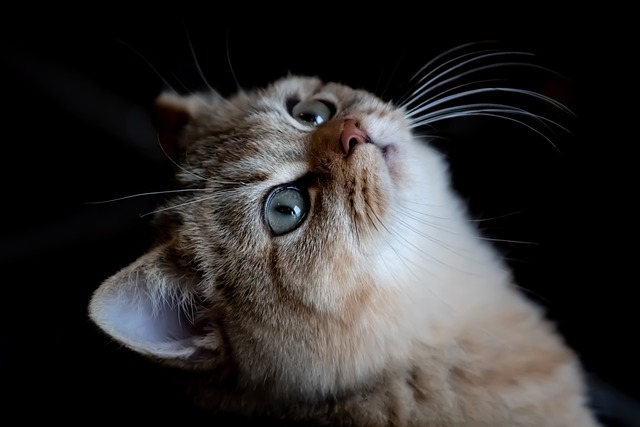Feline infectious peritonitis (FIP) is a complex viral disease affecting cats globally. It arises from infection with the feline coronavirus, but only a small fraction of infected cats develop the disease. FIP results from a mutation of the virus within the body combined with an improper immune response, leading to inflammation in various organs.
Symptoms of FIP in Cats:
- Distention of Abdomen: Fluid build-up in the abdomen and chest, particularly around the heart in the wet form.
- Difficulty Breathing: Seen in cats with the wet form due to lung inflammation.
- Fever: Often persistent and unresponsive to treatment.
- Loss of Appetite and Weight Loss: May or may not occur; appetite and weight might increase in some cases.
- Depression: Behavioral changes may be observed, particularly if the nervous system is affected.
- Organ Failure: In the dry form, organs like kidneys, liver, pancreas, or spleen can become inflamed, leading to jaundice.
- Eye Problems: Inflammation in the eyes may lead to pus accumulation or even blindness.
- Poor Muscle Coordination: Nervous system distress can cause limb paralysis, seizures, and tremors.
Causes of FIP: FIP is most common in cats under 12 months old but can occur at any age. It’s unclear why some cats develop FIP while others do not. Stressful experiences like boarding, rehoming, or surgery might trigger its development. The common coronavirus spreads through contact with infected feces, usually in shared litter boxes. Certain purebred cats are more prone to developing the disease.
Diagnosing FIP in Cats: Diagnosing FIP can be challenging. The most reliable method involves a biopsy, examining tissue samples for virus presence. If this isn’t feasible, diagnosis relies on a combination of clinical signs and lab tests, including blood tests and fluid analysis if the wet form is present.
Treatment: Unfortunately, there is no cure for FIP. Supportive measures, such as draining fluid build-ups, can offer temporary relief. Various medications aim to reduce the abnormal immune response or hinder virus reproduction, providing some relief and potentially prolonging survival.
Prognosis: Cats displaying signs of FIP will ultimately succumb to the disease. The wet form generally leads to a quicker decline compared to the dry form.
Prevention: Preventing exposure to coronavirus is crucial. While challenging, it’s important to note that most cats exposed to the virus remain healthy. There is a controversial vaccine available, but its use is limited and requires administration before natural exposure.
Contagion: FIP itself is not technically contagious. Housemates of an FIP-diagnosed cat generally do not face a higher risk, unless they are litter mates with a shared genetic predisposition.
Remember, consulting your veterinarian for tailored advice and regular check-ups for your cat is essential for their overall well-being.



